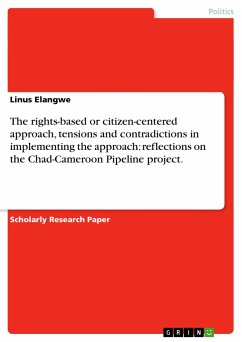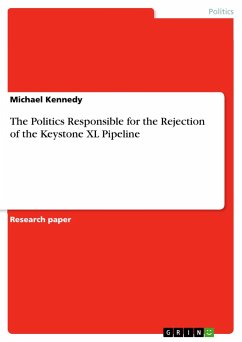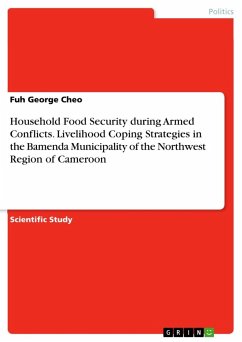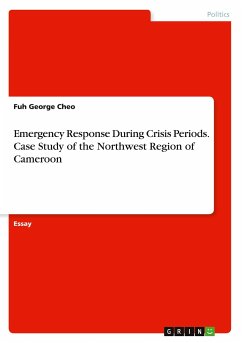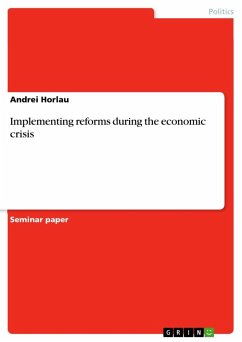Research Paper (undergraduate) from the year 2012 in the subject Politics - International Politics - Topic: Public International Law and Human Rights, grade: none, University of Sussex (Institute of Development Studies), language: English, abstract: This paper makes a brief introduction of the human rights movement, its evolution from the US and French revolution to the Universal Declaration of Human Rights, the Vienna Conference, and to present day practice of the Rights-Based Approach (a citizen-centered approach). In the following pages, the paper critically explores the newly conceived approach of human rights: the rights-based or citizen-centered approach. The Human Rights-Based Approach (RBA) places or sees human rights as an integral component of all human development programming, be it at the local or international level. The paper go along to identify the practicality and added value in the application of the RBA. In particular it looks at some of the strengths (community empowerment, local ownership, inclusion, etc) of the RBA, how that makes the RBA different from other development concepts. According to the paper translating this complex approach into practice is a big challenge to development experts, agencies and international organizations involving tensions and contradictions. Using the Chad-Cameroon Pipeline Project as a case study the paper brings to light some of the limitations of the RBA in today's highly politics-driven world. It reveals how some other materialistic accomplishments can be placed high above citizens' freedom and at the expense of the environment on which they depend on for their survival.

